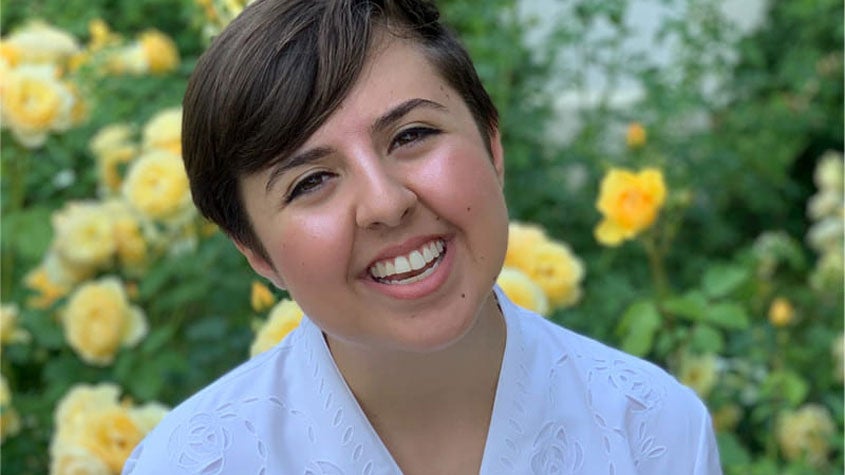Rice University is celebrating one of its largest-ever cohorts of Fulbright Scholars this year, as 10 recent Rice grads have received 2020 Fulbright grants to study, teach and conduct research in foreign countries.
The prestigious scholarships trace their history to 1945, when Sen. J. William Fulbright introduced legislation calling for the use of surplus war property to fund the “promotion of international goodwill through the exchange of students in the fields of education, culture and science.”
President Harry Truman signed it into law the following year, creating the Fulbright U.S. Student Program. It is now the largest U.S. exchange program, awarding approximately 2,000 grants annually in all fields of study and operating in more than 140 countries worldwide.
Danika Brown, director of curriculum and fellowships at Rice’s Center for Civic Leadership (CCL), attributes Rice’s remarkably high number of 2020 Fulbright Scholars — more than double last year’s cohort — to a variety of factors.
Staff at the CCL are intimately acquainted with the Fulbright program and spend a significant amount of time helping students apply, Brown said, while students’ peers provide just as much support throughout the process. Another crucial component is the support of Rice alumni who’ve gone through the Fulbright program.
“But a really big factor in our success has been the emphasis on increasing the quality of the pipeline for students to have international experiences as undergraduates that prepare them for and develop their desire to have a postgraduate international experience such as Fulbright,” Brown said.
Rice offers an array of programs and partnerships that have opened doors for students to consider Fulbright upon graduation, Brown said.
There’s the quality of advising in the Study Abroad office, the foreign language and travel opportunities afforded by the Center for Languages and Intercultural Communication, and the Loewenstern Fellowship, which provides funding, preparation, mentorship and support for students to conduct civic research and critical service abroad, just to name a few.
“Students can draw on what they gained through these earlier experiences and see how the Fulbright fits into their larger goals, all of which makes them great fits for Fulbright,” Brown said.
Among the list of Rice Fulbright grant recipients is Grace Wickerson, who will graduate in 2020 with a B.S. in materials science and nanoengineering.
“My Fulbright would fund me to go to Heidelberg, Germany, to work on developing biocompatible and biodegradable infrared-emitting light devices for medical applications," Wilkerson said. "My goal would be to develop the biodegradable emitter material. The capacities of the InnovationLab allow these devices to be scaled up to commercial level, meaning my work could be easily translated to have an impact in the real world!”

